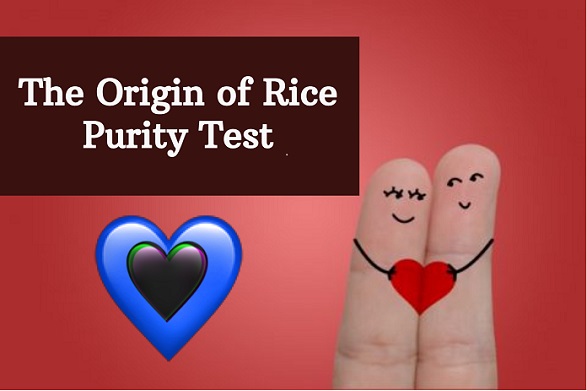The scoring system varies across different versions of the test, but generally:
- Each question is associated with a point value.
- The point value reflects the perceived level of innocence or experience related to the particular activity or behavior.
The questions cover a vast array of topics, including, but not limited to:
- Sexual Activities: Questions about sexual encounters, experiences, and behaviors
- Substance Use: Queries about alcohol, drugs, and experimentation with various substances
- Personal Behavior: Inquiries about behaviors such as lying, cheating, stealing, and other personal actions
- Lifestyle Choices: Questions regarding habits, hobbies, and general lifestyle preferences
Based on the test taker’s responses, points are allocated for each item. More adventurous or taboo activities typically carry higher point values, while common or everyday experiences may have lower point values.
